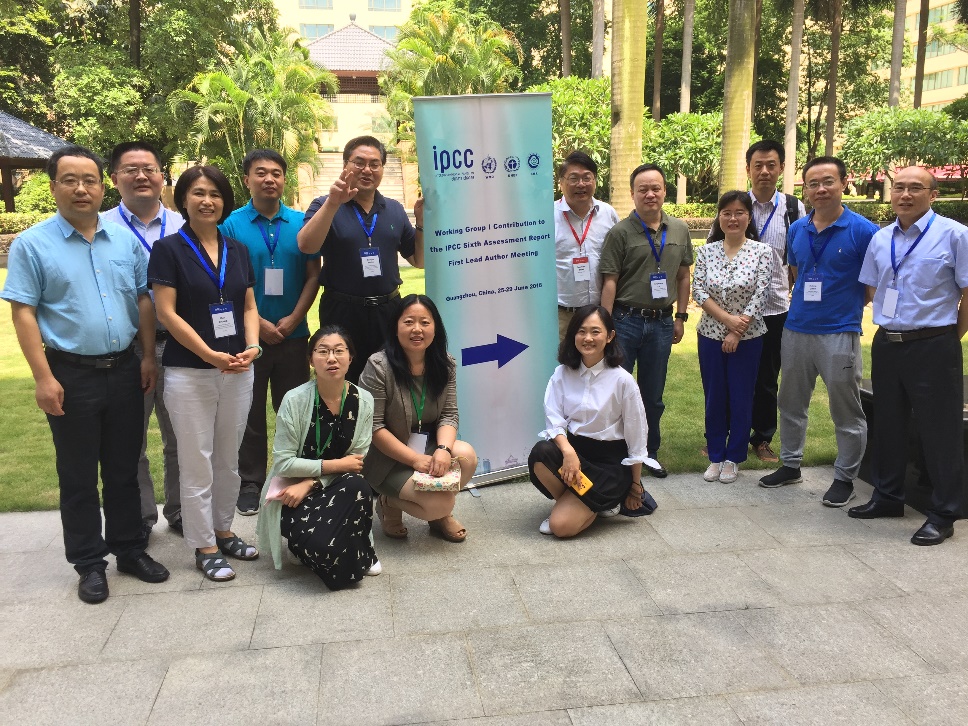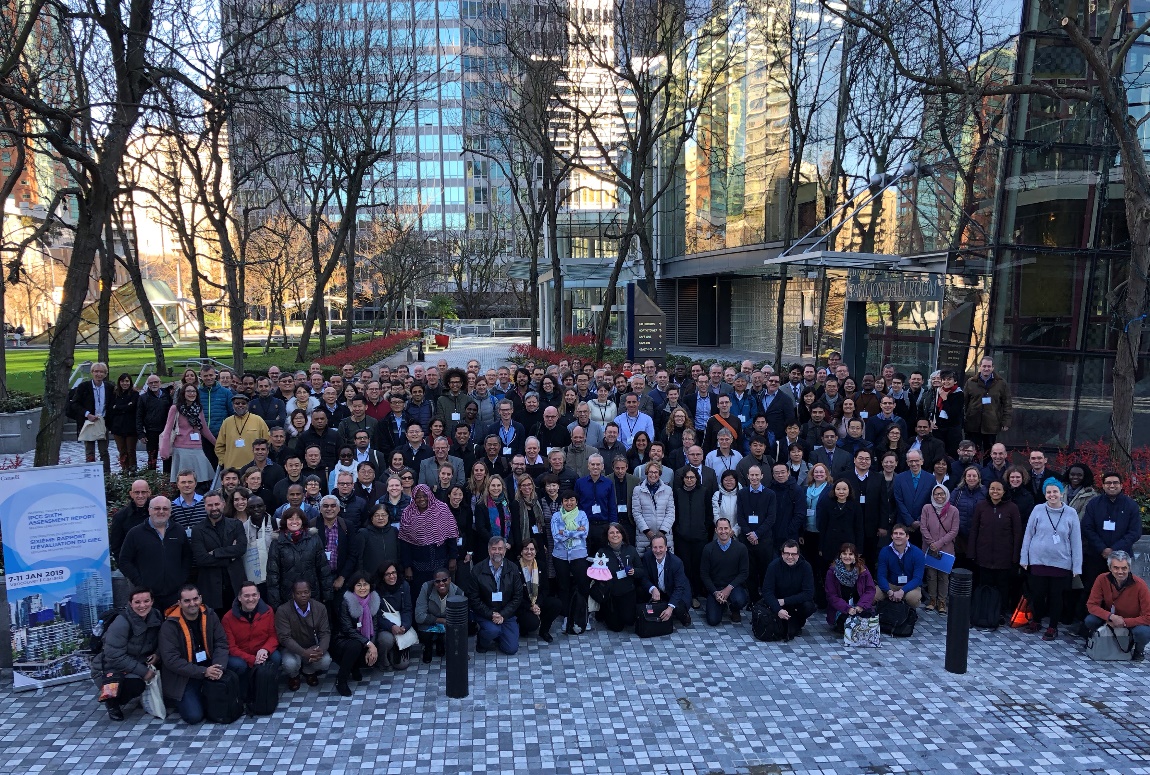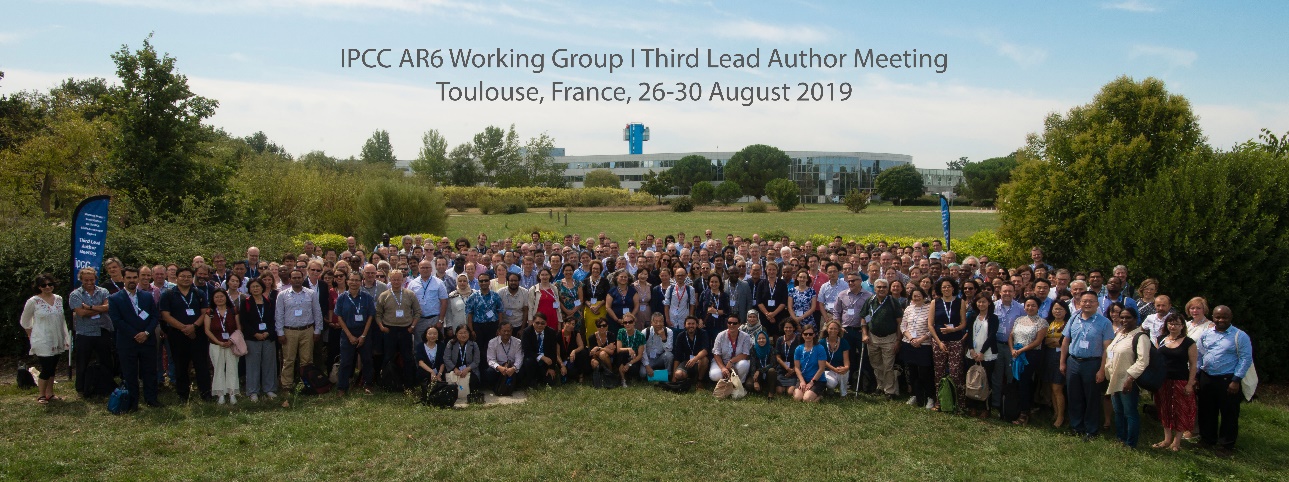Editor: 邵丹蕾 Author: Time: 2021-08-12 Number of visits :287
IPCC(The Intergovernmental Panel on Climate Change) just released the Sixth Assessment Report Climate Change 2021: The Physical Science Basis.
The IPCC does not carry out its own research. Instead, hundreds of scientists volunteer their time to assess evidence from scientific, technical and socio-economic publications. Governments and experts review successive drafts of the reports. The Sixth Assessment Report is the IPCC’s most ambitious cycle so far and has been like no other. The work schedule had to be adjusted to the pandemic. Timelines shifted, and all meetings were brought online, held across different time zones, sometimes extending for weeks at a time. Yet, participation from authors, experts and government increased.
The reports assess the scientific knowledge on climate change, including our past, present and future climate, its impacts and future risks and options for adaptation and mitigation. The reports inform policymakers what scientists know about climate change. They are an important resource form society, domestic policymaking and global climate negotiations.
During the past three years, a total of 234 authors from 66 countries participated in the writing of the report with 15 of them from China’s universities and institutions. Long Cao, a professor from the School of Earth Sciences, Zhejiang University, served as a Lead Author of the IPCC Six Assessment Report

2018 Guangzhou China, Chinese Authors at the First Lead Author Meeting
(Long Cao, second on the left)
Long Cao participated in the writing of “Chapter 4: Future global climate: scenario-based projections and near-term information” as a Lead Author and participated in the writing of “Chapter 5: Global Carbon and other Biogeochemical Cycles and Feedbacks” as a Contributing Author

2019 Vancouver Canada, Second Lead Author Meeting

2019 Toulouse France,Third Lead Author Meeting
(The last meeting before the pandemic)
In the past three years, the content of each chapter has been strictly reviewed. Various chapters were discussed and revised internally, and a total of three official drafts were formed for external review by experts and governments from various countries. Experts from all over the world are invited to review the first order draft, and experts and governments from all over the world are invited to review the second order draft. The third order draft invites governments to review. The First Working Group’s report has a total of 12 chapters and received more than 78,000 external comments. The authors responded to every review comments one by one.
Based on the scientific finding of more than 14,000 published papers, this report provides a comprehensive assessment of present state of global climate and its possible futures. The report clearly states that it is unequivocal that human influence has warmed the atmosphere, ocean and land. Widespread and rapid changes in the atmosphere, ocean, cryosphere and biosphere have occurred. Also, human-induced climate change is already affecting many weather and climate extremes in every region across the globe. To limit global warming calls for immediate, rapid, and large-scale reduction in greenhouse gas emissions. Every ton of carbon dioxide we release to the atmosphere adds to further warming and increase the likelihood of risks from global warming. A deep and rapid reduction of greenhouse gas emissions towards carbon-neutral world is what we need to reduce the risk.
The Chinese government has put forward a major strategic decision to strive to achieve carbon peaks by 2030 and carbon neutrality by 2060. This is a solemn commitment to the world. Chinese scholars have made unremitting efforts in the realization of carbon neutrality, the construction of a clean, low-carbon, safe and efficient energy system, and the research and development of green and low-carbon technologies. The faculty of the School of Earth Sciences of Zhejiang University will leverage on the interdisciplinary advantages of geology, atmospheric science, geophysical science, geographic information science and contribute to carbon neutrality and climate change research.
